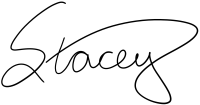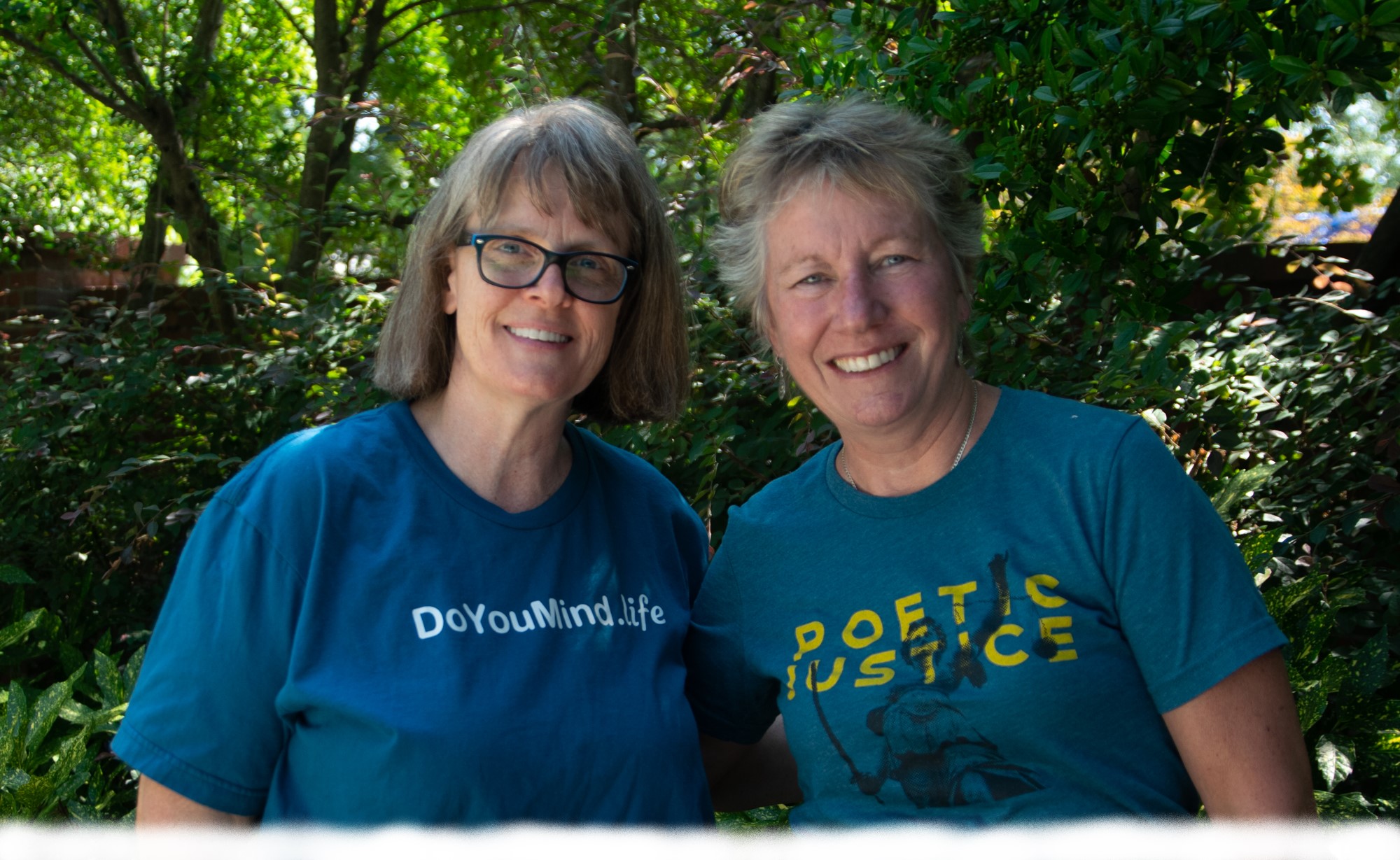Claiming Your Artistic Voice

26 August 2019 | Theme: Voice | 5-Minute Read | Listen
I found myself walking through Washington Square Park with my friend Kathleen. It was a beautifully clear, cool evening, and I was looking for photographic opportunities; she was people watching. It’s an amazing place for both. You never know what you’re going to encounter in the park, but this particular evening, it was a young man named Peter Chinman.
Peter sat at a folding table with two small volumes before him, collections of his own poems. Taped to the front of his table was a posterboard that proclaimed, “Ask me for a poem.” He caught the attention of both the photographer and the people-watcher, so we went over to meet him.
As I spoke with him, I fished around to see how much cash I had. Not much. Between us, Kathleen and I had eight dollars. When I told him I didn’t have much cash, he smiled and said, “That’s OK. It’s whatever you want to give.” Then he asked me for a topic. Wow! Not only was he going to compose a poem on the spot—he was going to write about any topic I gave him.
“Well, my next month’s theme is ‘Quiet,’ so how about that?” He asked what I meant by theme, so I explained a little about DoYouMind.life, including this month’s theme of Voice. He seemed intrigued as he took it all in. After sitting pensively for a moment, he began writing, and within a few minutes he handed me a paper with this:
Keep my head so quiet
I can hear the moments dying
the soft sigh as they go flying
into the dark sky—
I am learning to love the leaving
to voice my praise in silence
& keep my mind poised precisely here
For each goodbye.
~Peter Chinman
How could he know that this is a season of numerous goodbyes for me? And that I am learning to let go? My practice does, indeed, teach me to keep my head quiet, or at least, to notice the thoughts and let them fly away into the dark sky, staying poised in the hereness and nowness. How could this Poet in the Park see that?
Love his poetry or hate it, you have to admit that it’s pretty gutsy to set up a table in a park in New York City and proclaim to be a poet. Peter has no difficulty claiming his artistic voice. He confidently announces it on his handmade billboard and smiles as he tells complete strangers, “Give me a topic, I’ll write you a poem.”
Many, many articles have been written about “finding” your artistic voice—that special blend of technique, style, subject matter, and skill that sets one artist’s work apart from all others. Each of us has a unique voice already, because we are each unique. It’s important to “find” your voice. But I think there’s another thing that is equally important and powerful: claiming your voice.
To claim our voices means to recognize and admit, first of all, that we are worthy of being heard. That we have something to say. That our expression adds to the conversation. Whether it’s a work of art, a composition, or written or spoken words, our voice matters. Adding our creation to the conversation is absolutely essential.
The first time I heard myself say aloud, “I am an artist,” I was startled. Did I just say that? Aloud? Immediately, the judgmental authority-figure-in-my-head questioned, “Who do you think you are?” But then I began to shift. Who am I not to claim my art—my photography, song-writing, poetry, and other artistic expressions? I stopped calling my creative space my “craft room” and began saying “my studio.” Each change was another step into claiming my voice.
This paradigm shift is difficult because if we own it, we can’t play small any more.
My friend Katrina had a similar experience when she began posting some of her artwork on social media. She has always loved painting, but only recently has she shown her work publicly. When another friend of hers posted the response, “I didn’t know you were an artist,” Katrina responded, “I finally decided to claim it, because I’m doing myself a disservice not to.”
I would argue that not only is she doing herself a disservice, but that she’s depriving the world of her art. The world needs creative people to create their stuff. There is a hunger for beauty, a hunger for new perspectives. Even if the art we create touches only a handful of others, it is absolutely valuable. Art—in all its forms—is an antidote to fear, anger, greed, and violence. When we suppress our voices, we snuff out hope.
I invite you, Dear Reader, to claim whatever voice you have. Recognize it. Name it. Proclaim it. It may be uncomfortable, because you won’t be able to remain small and hidden any longer. But I assure you that whatever gift you have to give is exactly what is needed by someone. Then encourage others to claim their voices and share them with the world. We have the power to heal the world, one voice at a time.
Until next time,

If you enjoyed this article,
please share on social media!
NEXT ARTICLE

A Conversation With… Ellen Stackable
30 August 2019 | Theme: Voice | 3-Minute Read
Ellen Stackable works tirelessly to help incarcerated women find and express their voices. In this episode, I talk with her about Poetic Justice, the program she started five years ago to connect with and bring hope to imprisoned women in Oklahoma and beyond by teaching them creative writing. Ellen . . .